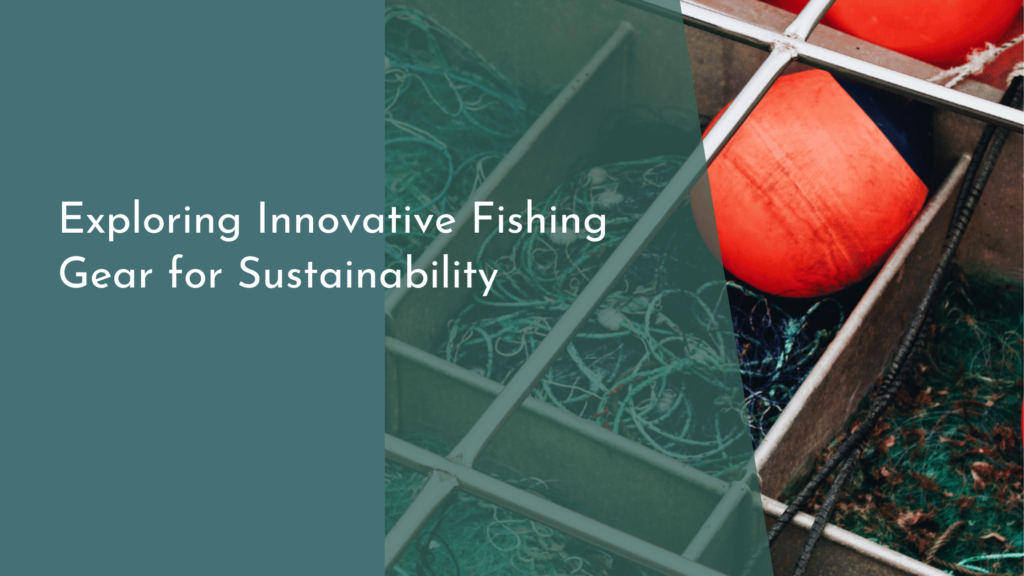Reducing Food Waste to Protect Scavenger Species
In a world where food abundance often masks the underlying issues of waste, the implications extend far beyond our plates. Food waste is not merely a loss of resources; it significantly impacts wildlife, particularly scavenger species that play a vital role in maintaining ecological balance. By taking steps to reduce food waste, we can help protect these often-overlooked animals and ensure they continue to thrive in their habitats.
This article explores the connection between food waste and wildlife, highlights the importance of scavenger species, offers creative solutions to minimize waste, and invites readers to join the movement towards a more sustainable and wildlife-friendly future.
Understanding the Impact of Food Waste on Wildlife
Food waste poses a serious threat to wildlife, particularly scavenger species, which depend on discarded food as a key food source. When we throw away edible food, we not only deplete our resources but also disrupt the natural feeding patterns of scavengers such as vultures, coyotes, and raccoons. These animals play a crucial role in the ecosystem by cleaning up carrion and waste, reducing the risk of disease transmission, and maintaining the balance of the food web. As organic waste decreases in availability, scavengers may struggle to find enough nourishment, leading to declines in their populations.
Moreover, the environmental consequences of excessive food waste are staggering. When food is discarded, it often ends up in landfills, where it decomposes and emits methane, a potent greenhouse gas that contributes to climate change. This exacerbates habitat loss and environmental degradation, further endangering scavenger species along with countless other wildlife. Understanding these connections is essential as we consider how our food choices impact the broader ecosystem and the importance of safeguarding the creatures that help sustain it.
The Role of Scavenger Species in Our Ecosystem
Scavenger species may not be the most glamorous representatives of nature, but they serve indispensable functions in our ecosystems. By consuming dead animals and organic waste, they help to recycle nutrients back into the soil, supporting plant life and promoting biodiversity. This process is crucial for the health of our environments and helps to prevent the spread of disease by disposing of potential pathogens in dead organisms. Without scavengers, the decomposition process would be significantly slower, leading to an accumulation of waste that could harm other species and disrupt ecological balance.
Furthermore, scavengers contribute to a healthy food web by serving as prey for larger predators. Their populations support the survival of other wildlife, showcasing the interconnectedness of nature. When food waste decreases, scavengers can more reliably find their next meal, which helps to bolster not only their numbers but also the entire ecosystem. By protecting these species and ensuring their access to food sources, we promote biodiversity and strengthen the resilience of our natural environments.
Creative Solutions to Minimize Food Waste Together
Addressing the issue of food waste requires collective action and innovative solutions that engage individuals, communities, and businesses alike. One effective approach is to implement food recovery programs that redirect surplus food from stores and restaurants to food banks and shelters. This not only reduces waste but also provides nourishment to those in need, fostering a culture of sharing and sustainability. Additionally, community-based initiatives, like community gardens and composting programs, encourage local residents to grow their own food and manage organic waste responsibly, thus minimizing the overall food footprint.
Education plays a pivotal role in tackling food waste as well. By raising awareness about portion sizes, understanding expiration dates, and promoting creative uses for leftovers, individuals can make more informed choices about their food consumption. Workshops and outreach campaigns can empower people to adopt practices that contribute to waste reduction. By coming together to share knowledge and resources, we can inspire a shift in behavior that not only benefits our plates but also the scavenger species that depend on the food resources we often overlook.
Join the Movement: Protect Scavengers with Smart Choices
As individuals and communities, we hold the power to make choices that protect scavenger species and contribute to a healthier planet. Simple actions, such as planning meals better, shopping with a list, and repurposing leftovers, can significantly reduce the amount of food we waste. Additionally, supporting local farms and businesses that prioritize sustainability can create a demand for fresh, locally sourced products, reducing the likelihood of surplus food ending up in landfills. Each small decision we make can have a ripple effect, helping to create a more sustainable food system.
We can also advocate for policies that promote food waste reduction at local and national levels. Initiatives like composting mandates and waste audits can create pathways for significant change. By joining community groups dedicated to environmental stewardship and wildlife conservation, we can amplify our impact. Together, through mindful choices and collective action, we can protect scavenger species and ensure a thriving ecosystem for generations to come.
Reducing food waste to protect scavenger species is not just an environmental necessity; it’s an opportunity for us to reconnect with nature and embrace a more sustainable lifestyle. By understanding the vital roles these species play and taking actionable steps to minimize waste, we can contribute to a healthier planet for all. So let’s rally together, make smarter choices, and celebrate the scavengers that help keep our ecosystems in harmony!

